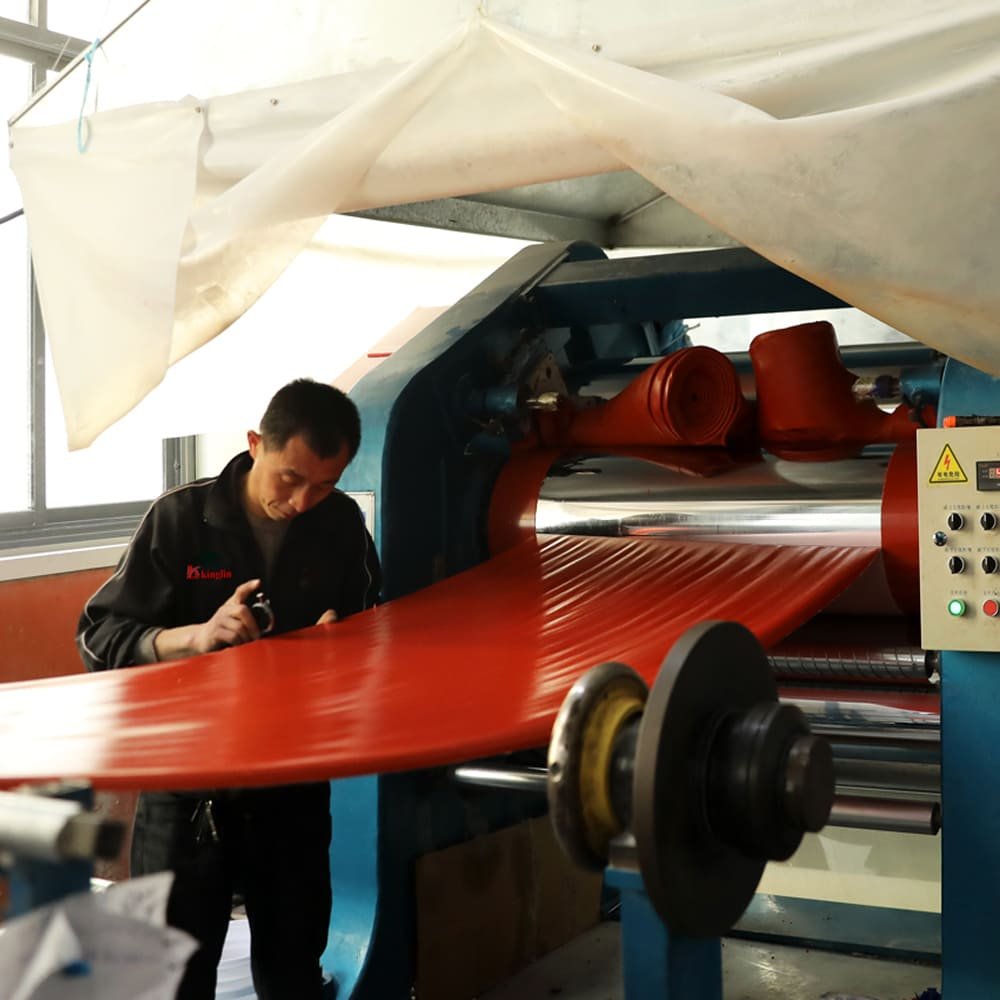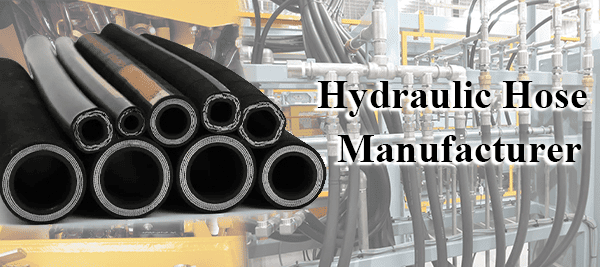Silicone hoses are great for use in the automotive industry, in industrial applications, and for many other things because they can resist high heat and are very flexible. However, people often ask if they can use a silicone hose for oil. In this article, we’re going to explain the oil resistance of silicone heater hoses, so you understand what they can and can’t do and how to make them work properly.
Standard silicone hoses are not oil-resistant because silicone is porous, allowing oil to permeate over time, causing degradation. However, specially designed Fluorosilicone-lined hoses offer enhanced oil resistance, making them suitable for certain applications where regular silicone would fail.
To determine if silicone heater hoses are suitable for oil-related applications, you need to understand their material characteristics and limitations.

Will Silicone Hose Hold Up to Oil?
Most silicone hoses don’t do well in continuous oil exposure because they’re porous. Occasional contact may not hurt them right away, but long-term exposure can cause the hose to soften, swell, or fail. If you’re going to be around oil a lot, you’ll want to use a hose with a different liner like Fluorosilicone, nitrile, or rubber that’s oil-resistant.
Is Silicone Heater Hose Fuel Resistant?
Standard silicone heater hoses are not recommended for fuel transport. Fuel has a more penetrating effect, which can cause faster degradation of standard silicone. However, Fluorosilicone-lined hoses are available and are designed to mitigate oil and fuel penetration. They are not always ideal for heavy fuel-handling applications, but they are available. Keep in mind the additional cost and specialized properties of Fluorosilicone when choosing fuel-related environments.
Comparative Analysis: Fluorosilicone vs. Standard Silicone Hoses
Performance: Fluorosilicone is better than regular silicone at resisting oils and fuels. Regular silicone is good for high heat and general fluid transfer.
- Cost: Fluorosilicone hoses are more expensive because they resist chemicals better.
- Durability: In oil and gas environments, Fluorosilicone hoses last longer than regular silicone hoses, which can break down quickly.
Summary
In summary, you can’t use regular silicone heater hoses with oil for very long. If you have oil in the system, you need a hose with a fluorosilicone liner, which is durable and oil-resistant. Understanding the difference will help you decide which hose to use, based on cost, performance, and longevity.



